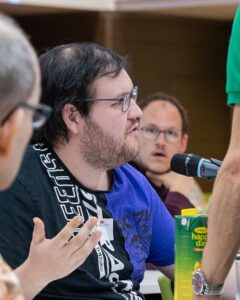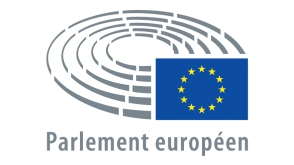
Over 100 million people in the European Union live with a disability, making cities pivotal in ensuring accessible and inclusive environments. However, accessibility isn’t just about removing physical barriers—it’s about fostering inclusivity across urban spaces, digital services, transport systems, and public events to accommodate diverse needs, whether physical, sensory, or intellectual.
Vienna exemplifies this holistic approach. By integrating inclusivity into its urban planning and services, the Austrian capital has become a model city that works for everyone.
Vienna’s Comprehensive Accessibility Approach
Sofia Martinsson, from the Vienna Social Fund’s Department of Services for Persons with Disabilities, explains, “Accessibility isn’t just about the built environment—it’s about clear communication and institutional accessibility.” This philosophy underpins Vienna’s Inclusive Vienna 2030 strategy, which was developed through a participatory process involving 400 people over two years. Contributions from persons with disabilities directly shaped the strategy’s goals and measures.
The city also emphasizes deinstitutionalization, shifting toward supported housing that provides individuals with disabilities tailored support while allowing them to live independently. Initiatives like the Self Advocate Day further empower individuals to voice their needs and rights.
Winning the 2025 Access City Award
This year, Vienna’s efforts earned it the prestigious 2025 Access City Award, presented by EU Commissioner for Equality, Helena Dalli. The award recognizes Vienna’s leadership in making public spaces, transport, and services accessible.
Key achievements include:
- Over 95% of bus and tram stops are accessible.
- All metro stations feature tactile guidance systems and multisensory emergency solutions.
- Introduction of a sign language avatar to assist public transport users.
These initiatives enhance independence and inclusion for all residents.
A Collaborative Future
Vienna’s leadership extends beyond its borders. Since 2023, it has led the Eurocities Informal Group on the Inclusion of Persons with Disabilities, fostering knowledge exchange among 20+ member cities. “We are proud of the work done,” says Arianna Americo, Eurocities Project and Forum Coordinator. “It’s about creating inclusive societies through cross-sector collaboration.”
Accessibility as a Cross-Cutting Priority
The Access City Award not only celebrates achievements but also inspires further action. “Inclusion isn’t just a social affairs issue—it’s a priority across all city departments,” Martinsson emphasizes.
As other cities look to Vienna’s example, the message is clear: building accessible and inclusive urban environments is essential for a more equitable future.
More Information

